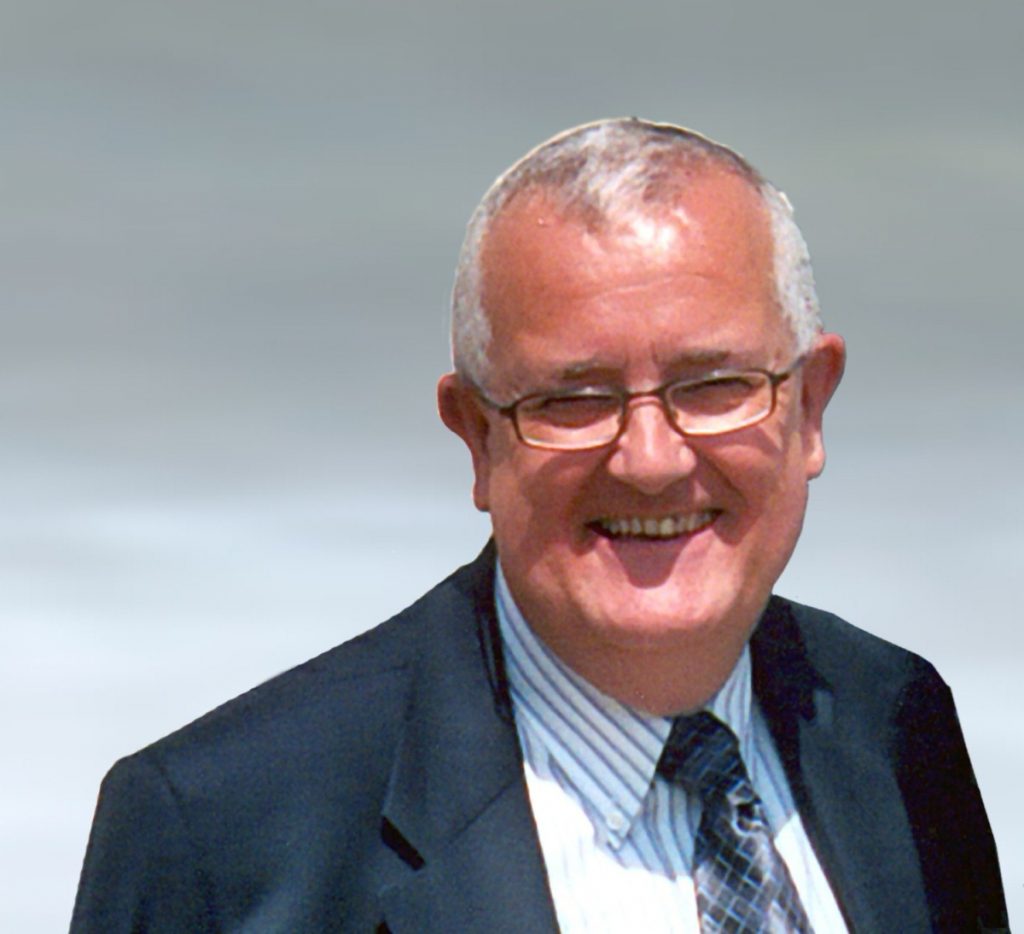Comment: The moral dilemma of ‘do not resuscitate’ orders
By: Andrew Fergusson
In February 2011, Janet Tracey, a 63-year-old care home manager, was diagnosed with 'terminal lung cancer'. Shortly afterwards she broke her neck in a car accident, and she spent her final days in Addenbrooke's Hospital, Cambridge. She died 16 days after the accident.
While there, hospital staff placed two 'do not resuscitate' (DNR) orders on her case notes, and these are now being considered at the high court in London, in a 'factual dispute hearing' expected to last ten days and conclude next February. The family had the first order removed, but a second was added two days before she died.
Her husband David and their daughters wanted her moved from hospital to hospice. They dispute some of the hospital and the health authority's points about the decision-making process. Last year they argued it was a major matter of public concern that there should be "a standard policy on resuscitation decisions".


David said recently: "My wife was a very clear-thinking woman. It was my wife's wish. She did not want a DNR. She was quite clear, and it was not my decision to make, it was hers. It was her life."
What are DNR orders? 'Do not resuscitate' orders are now known preferably as 'do not attempt resuscitation' orders (DNAR) and are endorsed in principle by the British Medical Association, the Royal College of Nursing, and the Resuscitation Council (UK) who have produced joint guidance for healthcare staff and a model patient information leaflet.
The new name emphasises the reality of resuscitation attempts – depending on the reason for the patient's heart stopping in the first place, resuscitation is unlikely to be successful and patients who had major underlying causes are very unlikely to leave hospital. Whether successful or not, resuscitation attempts are always traumatic for the patient and those who witness them.
Life has a natural end, and Care Not Killing supports everything which is done to ensure that natural end is as 'good' as possible. Sometimes that means recognising that a decision not to attempt resuscitation is right for all concerned.
The Care Not Killing Alliance is a coalition of organisations and individuals and we seek firstly to promote care, in particular palliative care. This concept recognises that life has a natural end.
But this case is not so much about the principle of DNAR as about communication and consent. All the factual points disputed in the court hearing suggest communication at the time was not as clear as it could or should have been.
And David's claim raises questions of consent: "She did not want a DNR. She was quite clear, and it was not my decision to make, it was hers. It was her life," he said. He is correct – the family has no legal rights, and ethically, valid consent from his wife should have been central.
But he has also recognised how difficult it is to hold any such discussions compassionately. According to one report he said his wife was being "badgered" about making a resuscitation decision, but she did not want to discuss it any more. If that is so, who can blame her?
Perhaps the biggest lesson for us all in all this is that it is good to think these things through beforehand, and to share our wishes with those close to us. Some may choose to put their thoughts in writing as 'advance decisions', though in law now the only binding decisions are 'advance decisions to refuse treatment'. Others may appoint, formally or informally, 'proxies' – people to speak up for us on our behalf if we cannot speak effectively for ourselves. Either way, it is better to 'share it with the family by the fireside than to wait for clinicians at the cotside'.
Care Not Killing believes in recognising that life has a natural end, and promotes best possible care. We also oppose unnatural ends and continue to be successful in promoting our case and stopping the legalisation of euthanasia and assisted suicide. As has been demonstrated very clearly again this year, neither the profession nor parliament want legalised medical killing.
We each only get one shot at dying – let us all seek to break the taboo on discussing that reality, and let's promote truly compassionate care that never kills.
Dr Andrew Fergusson was a GP in south east London for ten years and has since worked in medical ethics and public policy in the UK and USA. He chairs the Advisory Group of the Care Not Killing Alliance, www.carenotkilling.org.uk.
The opinions in politics.co.uk's Comment and Analysis section are those of the author and are no reflection of the views of the website or its owners.

